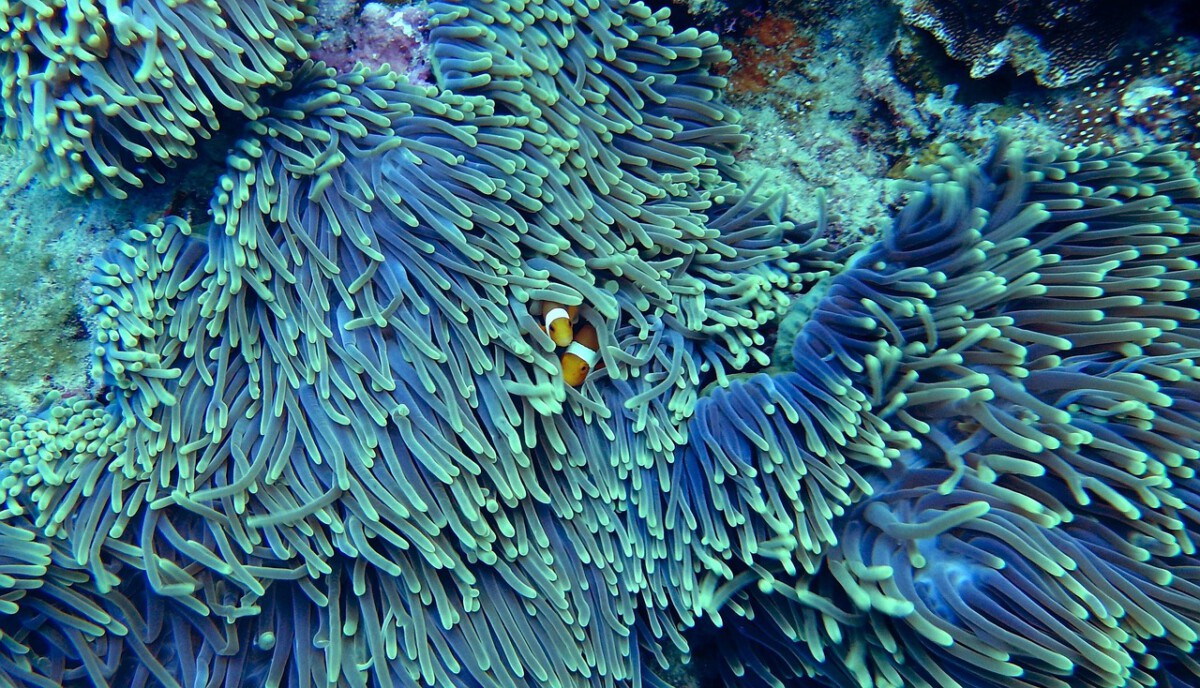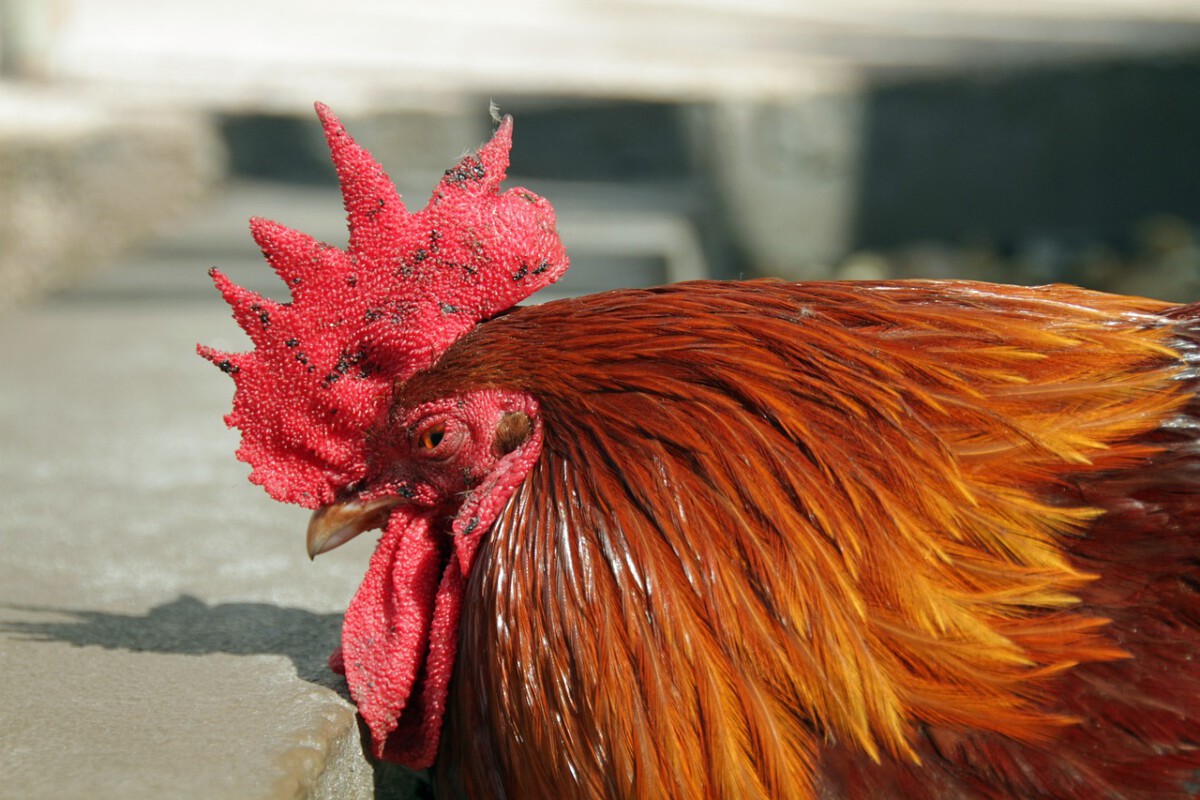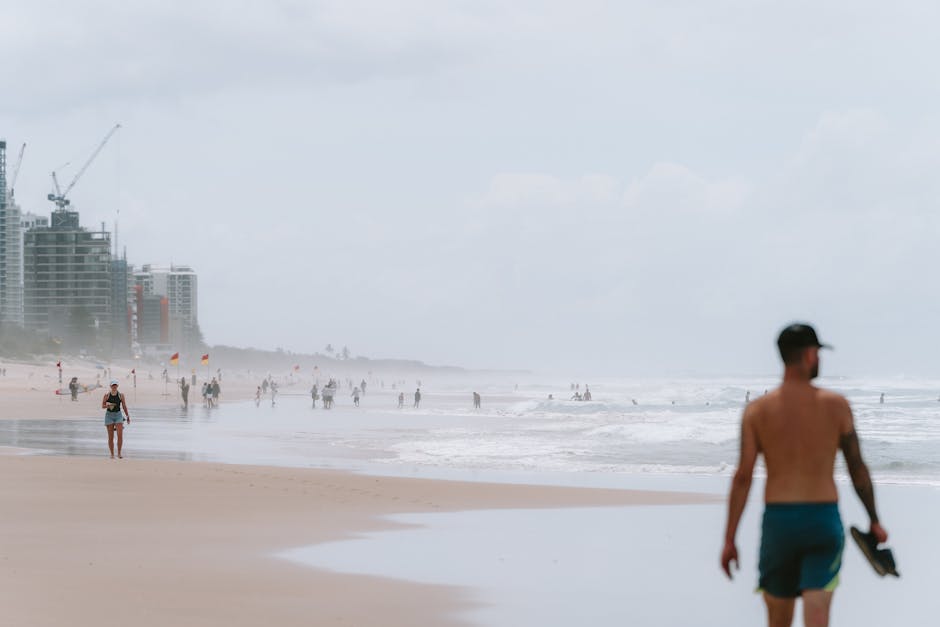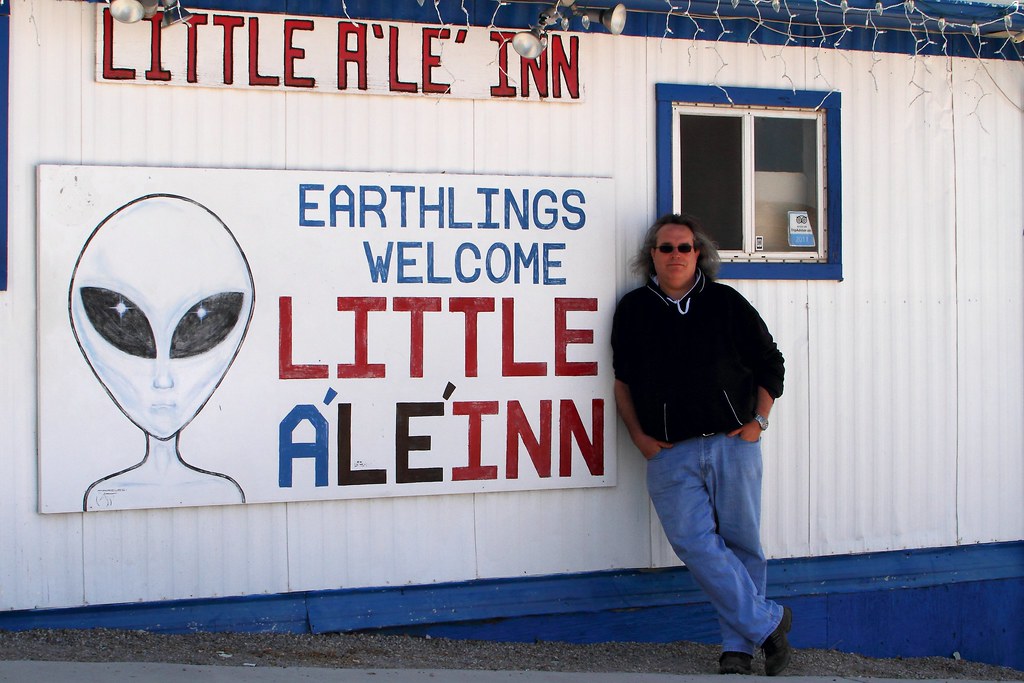Florida, known for its stunning beaches and vibrant lifestyle, also has its fair share of unusual laws that reflect its unique cultural and historical background. These strange rules, which can appear downright bizarre to outsiders and locals alike, provide an eye-opening glimpse into the quirks of Floridian legal history. We’re delving into some of these oddball laws, offering a peek into a world where chickens roam free and where singing in swimsuits might once have been frowned upon.
Unpacking Cape Coral’s Parking Paradox

In the City of Cape Coral, parking rules have evolved in unexpected ways. Previously, residents faced restrictions that prohibited the parking of commercial vehicles, like pickup trucks, on residential driveways for extended periods unless used for a commercial purpose. However, in a twist of modernization, Cape Coral updated these rules in 2020, allowing such vehicles to park overnight on driveways but banning all parking on residential lawns. This change highlights a shift towards a more orderly city appearance, emphasizing the care for green spaces even amidst accommodating modern needs. Imagine realizing your truck can rest comfortably in your driveway but your lawn remains off-limits. Such an unusual law pushes residents to rethink their daily parking habits in unexpected ways.
The Watchful Eyes of Key West Chickens

Key West is well-known for its laid-back vibe and roaming chickens, which act as unofficial mascots of the island. These feathered residents have the privilege of full legal protection across the city. Deemed symbols of the island’s colorful past, these chickens are the stars of Key West’s charm. It’s illegal to harm or destroy any bird within city limits, reminding both tourists and locals to tread lightly. Chickens have become entwined with the local culture, adding a peculiar but beloved thread to the fabric of day-to-day life in Key West.
Destin’s Notorious ‘Bad Cats and Roosters’ Law

In Destin, not all pets are deemed equal under local ordinances. Owners of what the city calls ‘bad cats’ or ‘bad roosters’ face penalties if their pets engage in threatening behavior without provocation. This law, designed to keep the tranquility and safety of the community in check, provokes images of miniature feline and rooster outlaws terrorizing the streets. While this may sound like a humorous ordinance, it underscores the delicate balance cities try to maintain between pet ownership and public safety.
Sarasota’s Swimwear Singing Myth

Sarasota stands out with a law that many find amusing. Allegedly, singing in a swimsuit wasn’t allowed. While this tale seems more fiction than fact, Sarasota’s current regulations against disturbing the peace can explain where this lore might have originated. Envision a scene where a serenade from the beachside could lead to misunderstandings with local law enforcement makes for a quirky tale, yet it sheds light on past priorities of maintaining public decorum.
Puzzling Pompano Beach Bathing Policy

Perhaps the most eyebrow-raising law is one in Pompano Beach that prohibits outdoor nude bathing. While a literal interpretation invites laughter, the law serves a more serious note on public decency. This regulation aligns with ensuring public spaces are comfortable for all visitors, suggesting a historical value on modesty while giving room for today’s context of privacy in open areas.
Groundless Parachute Panic for Unmarried Women
The bizarre notion that unmarried women couldn’t parachute on Sundays in Florida seems plucked from thin air. Though a relic from times past, there’s no active enforcement of this fantastical law today. Despite being long inoperative, this tale persists in the annals of Florida’s legislative legends, offering people a reminder of how societal norms deeply influence legal codes.
Skateboarding License Fable Debunked

Among the strangest myths surrounding Florida law is the belief that skateboarding requires a driver’s license. In reality, skateboarders are classified as pedestrians. This misconception likely stems from misunderstandings around pedestrian regulations and serves as a reminder of how myths can quickly become “fact” in communal belief systems.
Heeding the Law in an Online Age
In today’s digital world, distinguishing fact from fiction online can be tricky. The internet is rife with dated laws and misinterpretations. It’s crucial to seek verification from credible sources, such as official governmental websites, to ascertain the authenticity of any legal claim. Organizations like Lytal, Reiter, Smith, Ivey & Fronrath stress the importance of accurate legal information, providing informed guidance amidst such confusion.
These fascinating examples from Florida’s jurisprudence remind us that laws, as strange as some may seem, have stories behind them that not only entertain but also inform us about the history and culture of a place. We are left to wonder what future regulations might evolve to surprise us even more.





